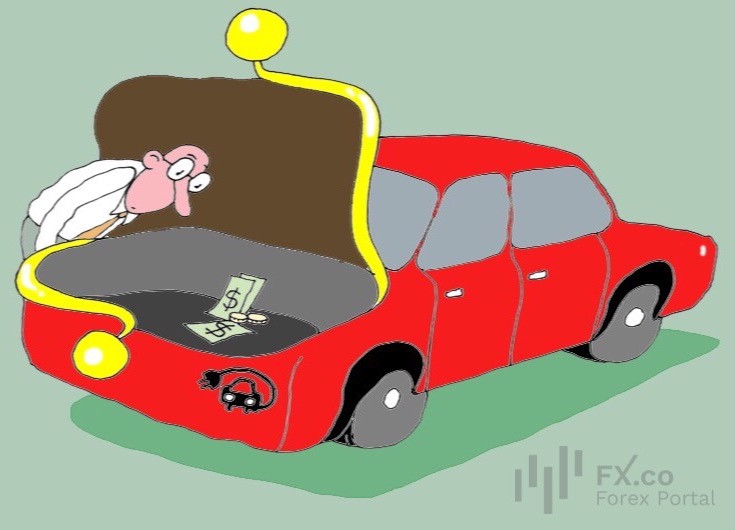
Profit forecasts are a complicated thing for car manufacturers. Oftentimes, companies have to revise their forecasts due to snags and unexpected developments in the industry. This is what happened to Ford. The company had to withdraw its full-year profit forecast for 2023.
The reason for such revision is that the Detroit-based automaker faces "uncertainty" over the pending ratification of its new labor deal with the United Auto Workers union (UAW). The management cautioned of mounting losses from the production of electric cars. Nevertheless, the company must respect the rights of its employees. So, the management has to make a compromise between high demand for cutting-edge cars and raising wages.
Following the communique by Ford, the company shares dropped by 5%, Reuters reported. The only upside is the tentative agreement, reached between Ford and the labor union on October 25. The document reads that wages of 57,000 employees would be increased by 25% over nearly four and half years.
At the same time, the company revises its forecasts with apprehension, predicting the results of a particular activity. Meanwhile, the management delayed the implementation of several projects, in particular, multi-billion-dollar investments in new e-car production facilities. The automaker aims to strike a balance between price tags, profits, and demand for electric vehicles.
According to the latest estimates, the adjusted profit per share was 39 cents in Q3 2023. The figure is way below 45 cents, the average estimate by Wall Street analysts. Earlier, Ford incurred a heavier quarterly loss in earnings before interest and taxes (EBIT) of $1.33 billion.
Despite negative forecasts, the company remains optimistic. The company has deserved its fine reputation, making efforts to please fastidious motorists with innovative options. Nevertheless, the company projects full-year losses from its Ford Model E division in the amount of $4.5 billion.
The reasons for such hefty losses could be sharp cuts in price tags and poor sales. A lot of customers are not ready to overpay for electric cars and prefer petrol-running cars as well as hybrid Ford models.
 Français
Français 
 Русский
Русский English
English Bahasa Indonesia
Bahasa Indonesia Bahasa Malay
Bahasa Malay ไทย
ไทย Español
Español Deutsch
Deutsch Български
Български Tiếng Việt
Tiếng Việt 中文
中文 বাংলা
বাংলা हिन्दी
हिन्दी Čeština
Čeština Українська
Українська Română
Română

Commentaires: